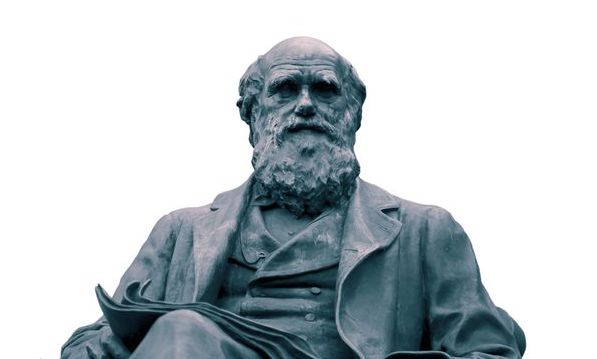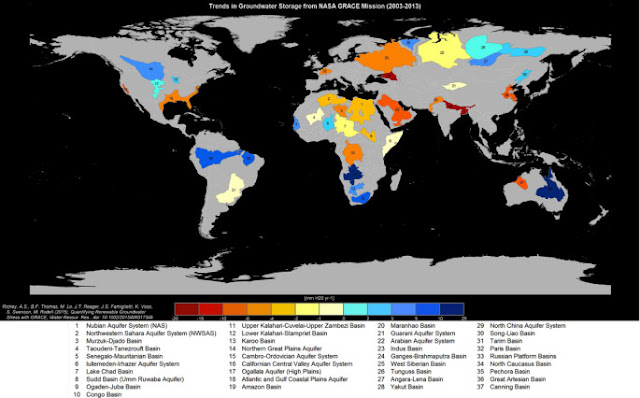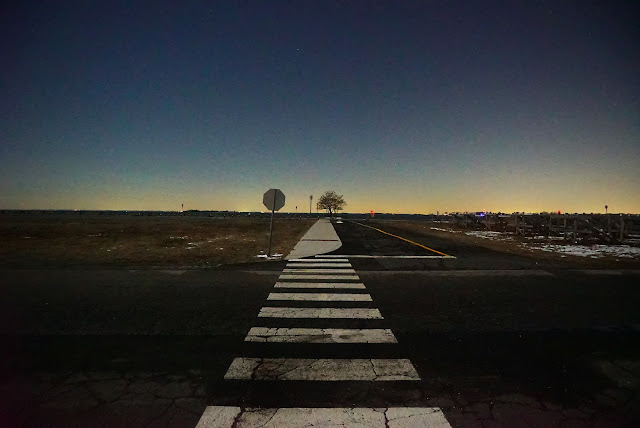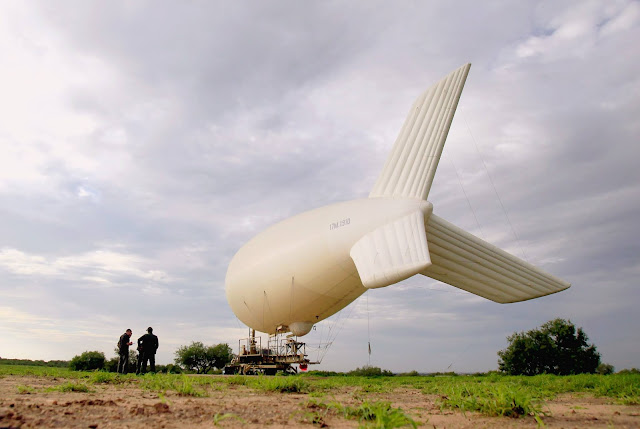Sunday, January 31, 2021
Finally ...
Communication breakdown ...
We're losing these guys ...
Saturday, January 30, 2021
A lunatic without question :)
Friday, January 29, 2021
It's all about the money/rev L
Privacy 101
A dictionary for us SF Junkies :)
Thursday, January 28, 2021
Genius is ...
Improv ...
Wednesday, January 27, 2021
Interdependence rules ...
Credit: Alexey Protasov / Adobe Stock
Life impacts the environment, the environment impacts life as interfependence rules due to the fact reality is quantum and certitude but a mirage.
To whit.
Nature finds a way/rev XX
Tuesday, January 26, 2021
Monarchs totally rule :)
Monday, January 25, 2021
Worst case scenario
Sunday, January 24, 2021
Subsidence
Subsidence: sub·sid·ence/səbˈsīdns,ˈsəbsədns/
noun:
the gradual caving in or sinking of an area of land.
"the race was abandoned because of subsidence of the track"
Similar: collapse, caving in, falling in, giving way, sinking, settling
AKA: The collapse of aquifers ... happening all over the world due to overuse of planet earth
And this.
The Ogallala Aquifer
 The grain-growing region in the High Plains of America—known as America’s breadbasket—relies entirely on the Ogallala Aquifer. But long term unsustainable use of the aquifer is forcing states in the region to face the prospect of a regional economic disaster. As the High Plains states reach the verge of a major crisis, the states have taken different approaches to conservation with varying results.
The grain-growing region in the High Plains of America—known as America’s breadbasket—relies entirely on the Ogallala Aquifer. But long term unsustainable use of the aquifer is forcing states in the region to face the prospect of a regional economic disaster. As the High Plains states reach the verge of a major crisis, the states have taken different approaches to conservation with varying results.Partners in crime
Saturday, January 23, 2021
1 - 45 ...
No doubt about it, America's had some really marginal presidents as it seems we often choose mediocracies to run the place including some exceptionally inept and venial individuals as seen by Trump, Harding, Pierce and Andrew Johnson, among significant others. Various polls stay pretty consistent with the top 10 but variances do occur as one moves toward the bottom feeders like Buchanan, considered by many to be the worst until Trump came along.
With this in mind, yours truly's take on presidential rankings would put W near the bottom based on his disaster known as shock and awe, the worst strategic initiative this country has ever done, aided and abetted by the weapons of mass destruction lie. Lyndon Johnson and the nadir of Nam also comes to mind as this catastrophic endeavor also was started by the Gulf of Tonkin lie even though Johnson's push for civil rights via his Great Society programs elevates his status to some degree.
Mr. Brinkley brought up Richard Nixon, the only president to resign in disgrace.
Any questions?
12 Monkeys
12 Monkeys, a masterpiece for the ages, is highlighted in a wonderful and lengthy oral history piece in Inverse. Check it out. Worthwhile to the max.











































